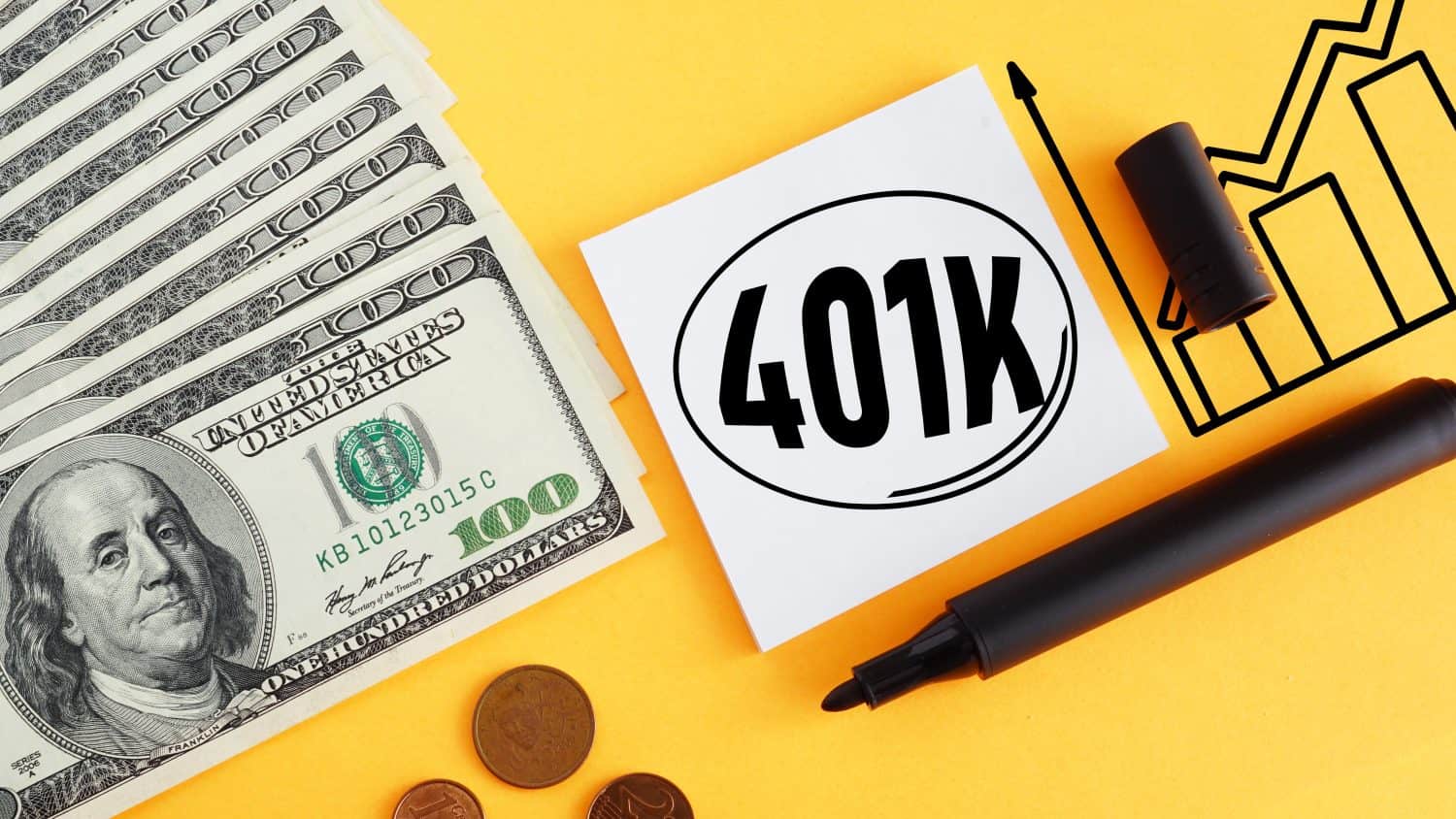Personal Finance
I'm 41 with no kids and no debt - how should I factor in my $500k in a 401(k) into my early retirement plans?

Published:

In the realm of FIRE (Financial Independence, Retire Early), achieving a comfortable lifestyle with minimal financial worries involves more than just hitting a certain number in your bank account. I recently came across a post on the r/chubbyFIRE subreddit that discussed when and how to tap into retirement accounts, like a 401(k).
Retirement accounts often have certain restrictions, which can make using them while planning to retire early challenging!
I liked this Reddit post because it explores how early retirees plan to use their 401(k) (or even if they should have a 401(k)).
Let’s review some of the basics about the information provided in the Reddit post:
This individual is planning to slow down in the next 2-3 years, with the primary goal of figuring out their Safe Withdrawal Rate and long-term financial strategy. They aren’t sure whether to count their 401(k) as part of their available wealth, even though they cannot access it until much later.
What are some things this poster should consider when thinking about their 401(k)? Let’s take a look:
The 401(k) presents a unique challenge in FIRE planning. While the 401(k) does add significantly to one’s net worth, it isn’t accessible without penalties until age 59½. If you decide to retire earlier than that, you cannot access any of your 401(k), which makes planning a bit more complicated.
Some individuals completely exclude their 401(k) from immediate retirement planning, and this is something we regularly recommend, too. Instead, it’s often better to think of your 401(k) as an emergency fund or to fund expenses that tend to rise in later life, like healthcare.
Taxable investment accounts (outside of retirement accounts) are often seen as the more flexible source of funds for early retirement. These accounts are not bound by age restrictions, so you can access them in early retirement. However, they also come with their own set of tax implications. Gains in taxable accounts are taxed based on capital gains rates.
On the other hand, 401(k) retirement accounts have the benefit of growing tax-free, but they come with the penalty of delayed access.
A major question for ChubbyFIRE participants is how to manage the “cash burn” in the years between early retirement and when 401(k) funds become available. The individual in this post intends to slow down their income in the next 2-3 years.
Our suggestion would be to rely on taxable accounts for immediate expenses while leaving the 401(k) funds untouched for later. You can focus on taxable accounts for the “first phase” of retirement, shifting to a 401(k) or other tax-advantaged accounts when they become available.
Determining a safe withdrawal rate is vital for retiring early. How much money can you take from your investments without running out of funds? Typically, the 4% rule is suggested, meaning one can safely withdraw 4% of their initial nest egg per year. However, for those with substantial wealth (as seen in the post with a spend of $10K-$15K per month), a more conservative SWR may be advisable.
When you retire early, we typically recommend choosing a safe withdrawal rate of closer to 3% or 3.5%.
Start by taking a quick retirement quiz from SmartAsset that will match you with up to 3 financial advisors that serve your area and beyond in 5 minutes, or less.
Each advisor has been vetted by SmartAsset and is held to a fiduciary standard to act in your best interests.
Here’s how it works:
1. Answer SmartAsset advisor match quiz
2. Review your pre-screened matches at your leisure. Check out the advisors’ profiles.
3. Speak with advisors at no cost to you. Have an introductory call on the phone or introduction in person and choose whom to work with in the future
Thank you for reading! Have some feedback for us?
Contact the 24/7 Wall St. editorial team.